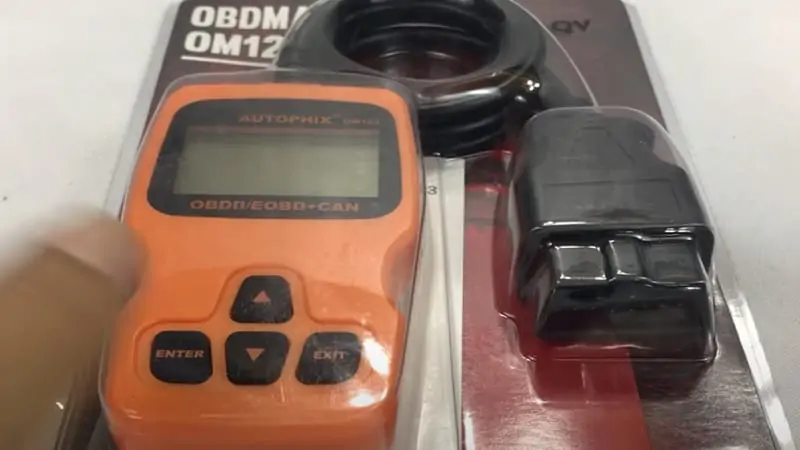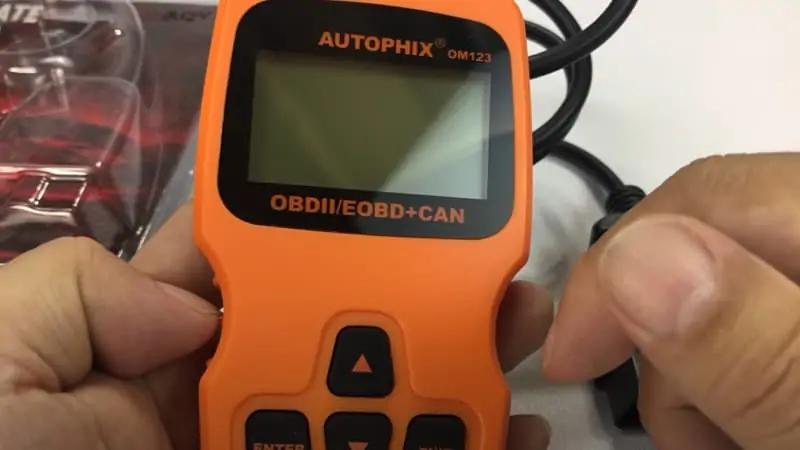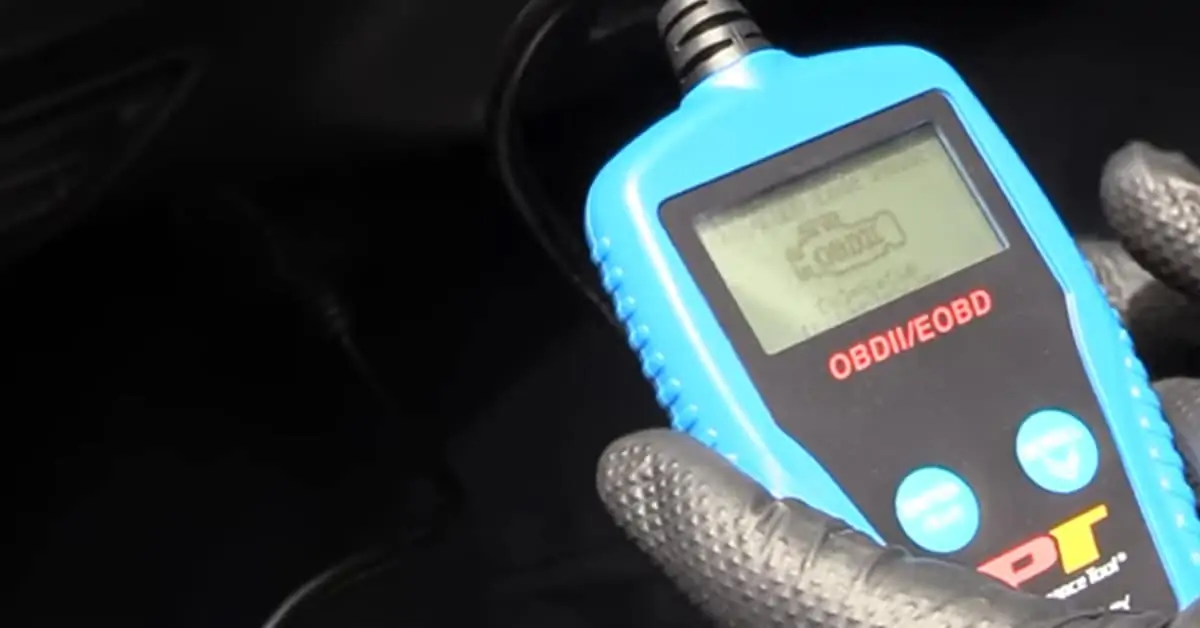Whenever you notice a problem with your car, one of the first troubleshooting steps to try is connecting your OBD2 scanner to collect information about the fault. However, you just saw a post about someone who nuked their ECU with an OBD2 scanner. Is that story true?
Your OBD2 scanner is incapable of accessing anything that may cause it to damage your ECU. If your ECU shows any faults immediately after using an OBD2 scanner, you should try troubleshooting it in other ways. However, it’s rarely a problem with the scanner per se.
In this article, I’ll explain how an OBD2 scanner works and if it can damage your ECU. Also, you’ll learn how to use an ECU scanner safely to collect the most diagnostic information from your vehicle without dealing any damage to your car’s internal components.
What Is an OBD2 Scanner?

Before determining if it can damage your ECU, it’s important to know what an OBD2 scanner means at least.
An OBD2 scanner is a device that’s capable of reading from your car’s onboard diagnostics system to tell the problem with an internal component.
Ordinarily, your car’s OBD2 system can only flash the MIL to indicate a failure, but an OBD2 scanner will collect decipherable error codes from your ECU, letting you know of the problem with your vehicle. You can also clear the error codes using the scanner, showing you just how much it can do.
While an OBD2 scanner is capable of doing a lot, there are also things it can’t do. Topping the list of the things your OBD2 scanner is incapable of doing is damaging your ECU. If your ECU starts to fail after you connected an OBD2 scanner, it’s most likely due to something else.
When the malfunction indicator light shows on your ECU, you can connect your scanner to get the error information. If you don’t have an idea of what to do next, try involving an auto mechanic to avoid causing any damage to any internal component, including the ECU.
Can OBD2 Scanner Damage ECU?
Now that you know what an OBD2 scanner means, you should also get a good grasp of what the ECU means. Once you understand how these two work, you can easily see why it’s almost impossible for your OBD2 scanner to damage your ECU.
Your vehicle’s ECU stands for the Engine Control Unit, sometimes referred to as the Powertrain Control Module. It is built into all modern cars (from like two decades ago) to help manage all the functions of the internal components of the vehicle.
It works like the CPU in a computer, making it an indispensable part of your vehicle. Most of the numerous sensors around your vehicle are designed to transmit data back to the ECU, and the ECU determines when the malfunction indicator light turns on.
When you connect an OBD2 scanner to your vehicle, it only functions by accessing the database where your car’s ECU stores the different errors collected by the various sensors. It also displays as much as it knows, and it allows you to clear the errors from the ECU memory.
However, you can’t do much more than that with an OBD2 scanner. The only piece of information the scanner can access and modify are the error codes. It’s incapable of reprogramming the ECU, which is the only way it could cause any damage.
Summarily, your OBD2 scanner is incapable of doing anything that can cause any substantial damage to your ECU or any other internal component. If your ECU is showing any signs of fault after you used a scanner, it’s most likely due to one of the issues below.
What Mostly Causes ECU Failure?

If your vehicle’s engine control unit fails immediately after you connect an OBD2 scanner, you should look past the scanner. Experiencing an ECU failure as a result of an OBD2 scanner is so rare that it has never been confirmed.
The reason for this is simple: your OBD2 can’t change much in your ECU. Instead of painting your OBD2 the culprit, you should check out some of the main reasons why vehicle engine control units fail.
- Low Voltage.
If your car’s ECU fails with your OBD2 scanner unable to come up with any report, you most likely experienced the error as a result of a low voltage. There is a specific amount of volts that your ECU should have for it to run effectively.
If it doesn’t sufficient volts, different vehicles will handle it in different ways. In most cases, it will cause a problem with the ECU, making the OBD2 scanner unable to detect any problems. If you’re wondering why it can’t, it’s simply because the scanner pulls information from the ECU.
This problem can usually be solved with a simple repair, but it’s important to note that it’s not coming from the OBD2 scanner.
- Dead Battery.
In addition to sufficient voltage, your ECU also needs good batteries to function. Since your car’s engine control unit primarily runs on your battery, it’s important to keep the battery in good shape if you’re willing to keep your ECU working.
If your ECU starts to malfunction, it’s important to examine your battery for any dead cells. If any of the cells are genuinely dead, it’s only a matter of time before the entire battery fails too. When all the cells eventually die, your vehicle will stop working completely.
Before that happens, you want to troubleshoot your battery and have it fixed as soon as possible to get your ECU working as soon as possible.
- Moisture.
While this is one of the unlikeliest ways to get a malfunctioning ECU, it’s still possible. You need no guide to show you that one of the worst things that could get mixed up with a computer is water.
Your vehicle gets exposed to water over the years. Whether it’s by washing or when it rains, the water gradually makes it to the area of the ECU.
While there are seals that prevent water from getting to the ECU, they gradually become corroded over the years. With time, corrosion will slowly degrade these components, causing them to leak water to the ECU, and consequently damaging it.

